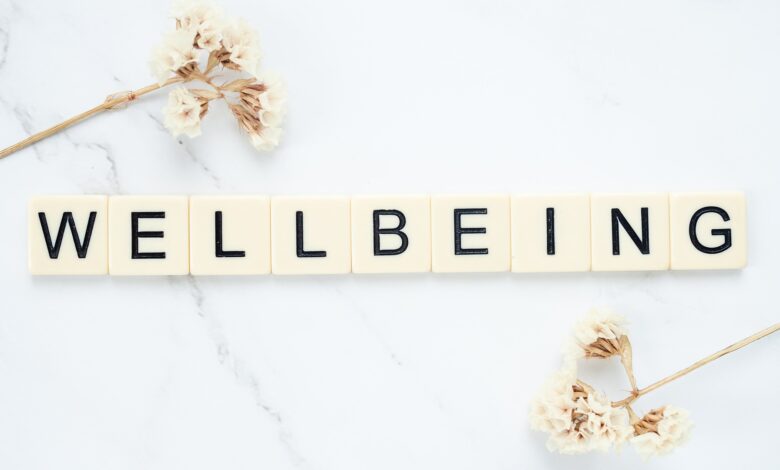Well-Being and Self-Improvement: Practices for Working on Yourself

In our fast-paced world, taking the time to focus on personal development and mental health is essential. Working on yourself is a multifaceted endeavor, encompassing mental, emotional, and physical well-being. Adopting best practices in these areas can lead to a more fulfilling and balanced life. Below, we’ll explore various aspects of self-improvement that can help you on your journey towards greater well-being. Keep reading to learn more about how to incorporate these practices into your life.
Developing Healthy Habits for Physical Well-Being
Physical well-being and mental health are crucial for personal development. Developing healthy habits like regular exercise and balanced nutrition is essential for maintaining a strong body and a clear mind. Exercise releases endorphins, which act as stress relievers and provide structure and goals. A balanced diet, avoiding processed foods and opting for whole foods like fruits, vegetables, and grains, can significantly improve daily feelings.
Restorative sleep is the cornerstone of good health, and a nighttime routine that includes winding down before bed can significantly improve sleep quality. Consistency and quality are essential for waking up feeling refreshed. Maintaining a healthy lifestyle is essential for overall well-being and overall quality of life.
Cultivating Positive Relationships and Social Connectivity
Positive relationships and social connectivity are crucial for our well-being, as they improve mood and reduce feelings of loneliness. Investing time and energy into nurturing relationships through activities like joining clubs, volunteering, or acts of kindness can foster supportive networks. Setting uand understanding one’s needs effectively can prevent resentment and burnout in both personal and professional relationships.
Technology can both help and hinder social connectivity, but it’s essential not to replace face-to-face communication for a more fulfilling and profound experience. Nurturing relationships through activities like joining clubs, volunteering, and acts of kindness can provide joy and support during difficult times.
Embracing Mindfulness for Moment-to-Moment Awareness
Mindfulness, a key component of mental wellness, means paying full attention to the present moment without judgment. It involves observing your thoughts and feelings, which helps you manage your reactions and emotions better. Simple practices like mindful breathing or eating can boost your focus and lower stress, gradually improving your overall response to life’s challenges.
Mindfulness enhances interpersonal skills, such as mindful listening, which fosters deeper connections and understanding in conversations. For personalized guidance on integrating mindfulness into your daily routine, working with a Health Coach can be especially helpful.
Pursuing Continuous Learning and Personal Growth
Personal growth is a lifelong journey that thrives on continuous learning. Engaging in new skills, hobbies, or educational pursuits keeps the brain active and enriches your life. This process not only boosts self-esteem and confidence but also provides purpose and direction.
Learning extends beyond formal education and can include experiences like travel and cultural immersion. These broaden your perspectives and foster empathy. Pursuing degrees in leadership can also enhance both career prospects and personal development, while sharing your knowledge through mentoring or teaching further consolidates your learning and benefits others.
Managing Stress Through Effective Coping Strategies
Stress is a natural part of life, and effective coping strategies are essential for managing it. Resilience can be developed through practices like yoga, meditation, and downtime, which help handle stress healthily and constructively. Journaling is another powerful coping mechanism, allowing for emotional expression and problem-solving.
Creative activities like painting, music, or writing can provide a therapeutic escape from daily stresses. A strong support system, including friends, family, or a professional therapist, can provide comfort and support in dealing with stress. Sharing burdens can be liberating and soothing, making it a crucial part of managing stress.
Overall, the journey to well-being and self-improvement is dynamic and continuous. By embracing mindfulness, developing healthy habits, cultivating positive relationships, pursuing continuous learning, and managing stress effectively, one can achieve a harmonious life balance, enabling grace and strength to navigate life’s challenges.



